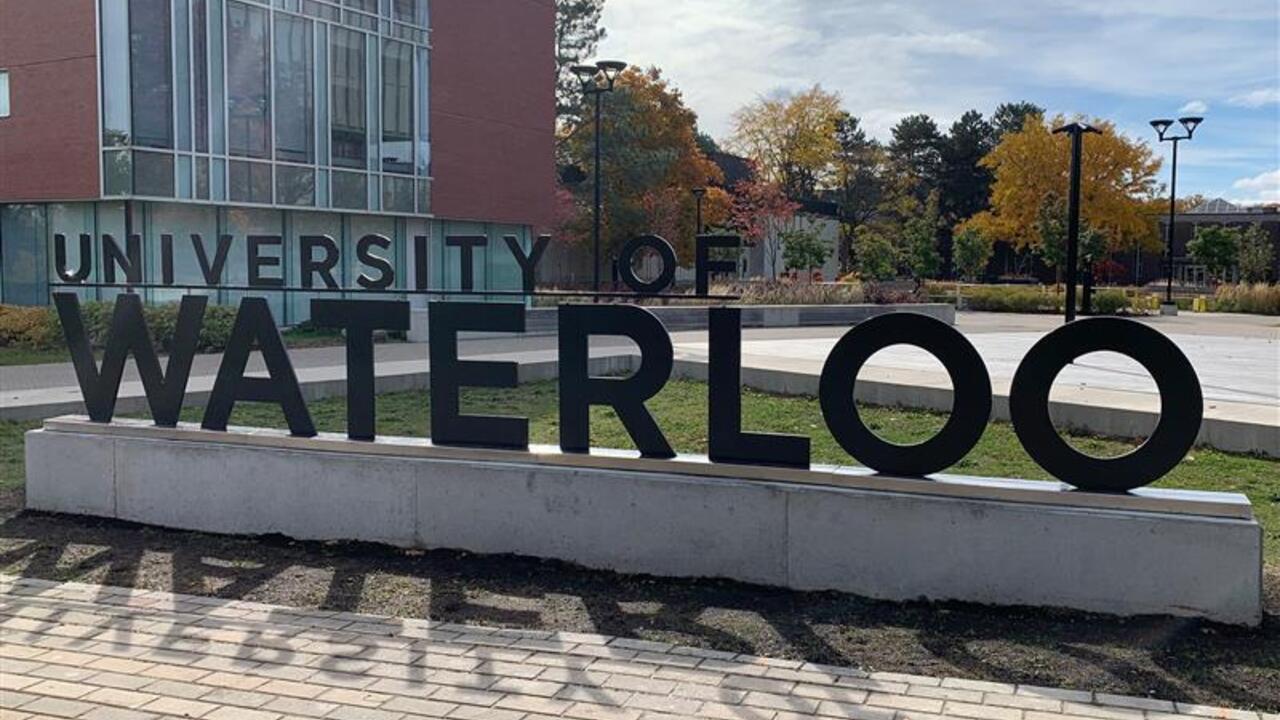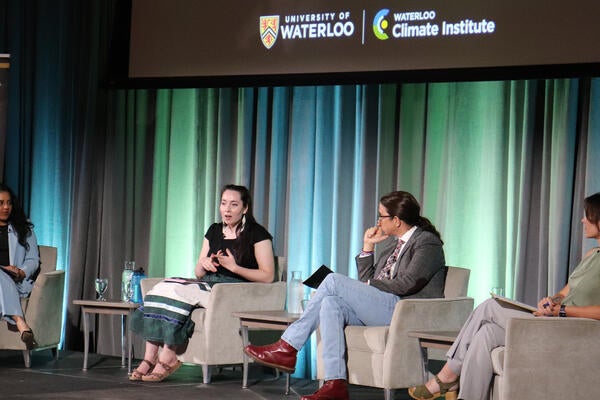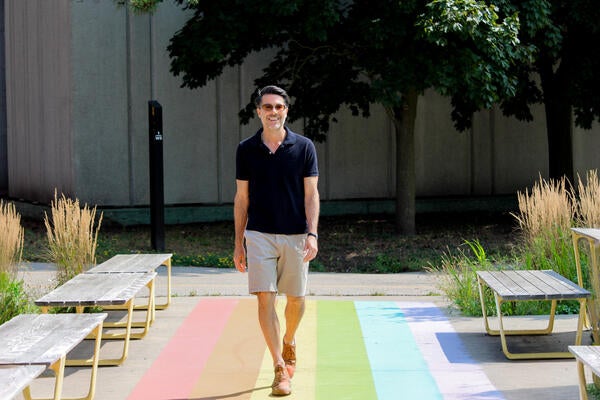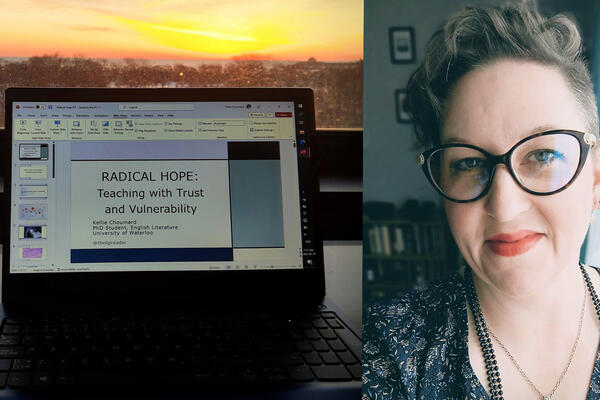
MEDIA ADVISORY: UNIVERSITY OF WATERLOO EXPERT
Homegrown terrorism and religious radicalization: University of Waterloo expert

Homegrown terrorism and religious radicalization: University of Waterloo expert
By Media RelationsUniversity of Waterloo’s Professor Lorne Dawson is available to talk about the recent reports that two, or possibly three, young men from London, Ontario were involved in the terrorist attack on the gas facility in Algeria in January.
Professor Dawson is Chair of the Department of Sociology and Legal Studies. His work on violence and religion led to the analysis of terrorist radicalization and homegrown terrorism. He is the co-director of the Canadian Network for Research on Terrorism, Security, and Society (TSAS; www.tsas.ca).
“News of the Ontario-born terrorists in Algeria shows that Canadians need to get used to the idea that the people being recruited by terrorist organizations are remarkably ordinary,” said Professor Dawson. “We live in a world in which unprecedented resources are dedicated to ensuring our security, and a big part of that process is figuring out how and why certain young people in our own societies have become terrorists intent on wreaking havoc on their fellow citizens.”
To arrange an interview please contact Nick Manning (cell: 226-929-7627, nmanning@uwaterloo.ca) or Pamela Smyth (519-888-4777, psmyth@uwaterloo.ca).
Attention broadcasters: Waterloo has facilities to provide broadcast quality audio and video feeds with a double-ender studio. Please contact Nick Manning on 226-929-7627 for more information.

Read more
TRuST Scholarly Network hosts conversation on charting a course through climate misinformation to promote informed climate action

Read more
Brian Orend brings a philosopher’s perspective on happiness, navigating the challenges of chronic illness through connection to ourselves and others

Read more
After a breast cancer diagnosis during the pandemic, Kellie Chouinard turned to social media for support. Learn how this experience shaped her groundbreaking research.
The University of Waterloo acknowledges that much of our work takes place on the traditional territory of the Neutral, Anishinaabeg, and Haudenosaunee peoples. Our main campus is situated on the Haldimand Tract, the land granted to the Six Nations that includes six miles on each side of the Grand River. Our active work toward reconciliation takes place across our campuses through research, learning, teaching, and community building, and is co-ordinated within the Office of Indigenous Relations.